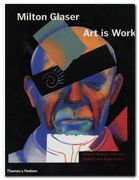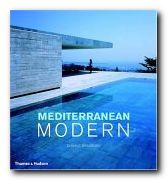 Don't be put off by the cover design - this is a wonderful book. Milton Glaser is one of the most influential design and illustration gurus of the late 20th century in the USA. He was responsible for the "I love NY" logo and the poster of Bob Dylan with psychedelic hair which became a symbol of the 1980s. This is one of the few design books I have come across where the text is just as interesting as the graphics. Milton Glaser has thought a lot about the fundamentals of good design, and his ideas come through here via a series of interviews, plus his own commentary on the work illustrated. And there's a big bonus. He doesn't just show his finished designs, but includes his preliminary drafts and early attempts which lead up to a successful outcome. So it's like being invited to sit in his studio whilst he thinks and works out loud.. Read more >>.
Don't be put off by the cover design - this is a wonderful book. Milton Glaser is one of the most influential design and illustration gurus of the late 20th century in the USA. He was responsible for the "I love NY" logo and the poster of Bob Dylan with psychedelic hair which became a symbol of the 1980s. This is one of the few design books I have come across where the text is just as interesting as the graphics. Milton Glaser has thought a lot about the fundamentals of good design, and his ideas come through here via a series of interviews, plus his own commentary on the work illustrated. And there's a big bonus. He doesn't just show his finished designs, but includes his preliminary drafts and early attempts which lead up to a successful outcome. So it's like being invited to sit in his studio whilst he thinks and works out loud.. Read more >>.
more GRAPHIC DESIGN books













